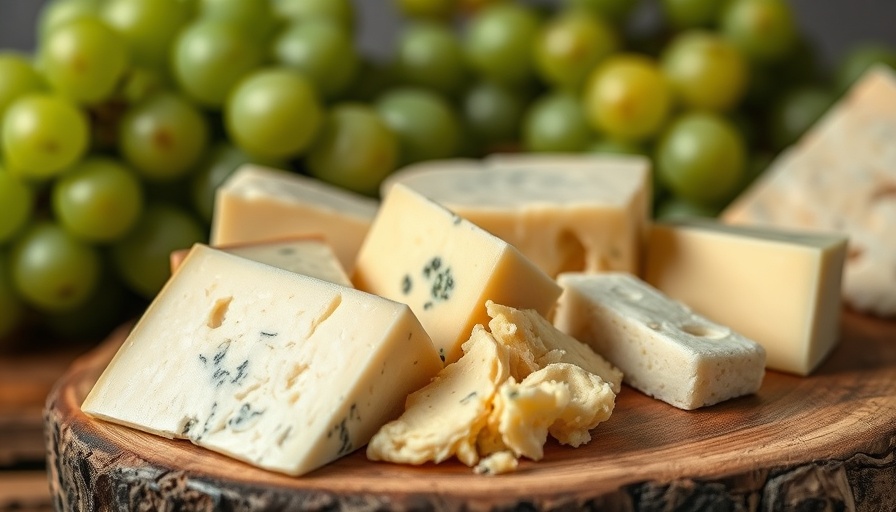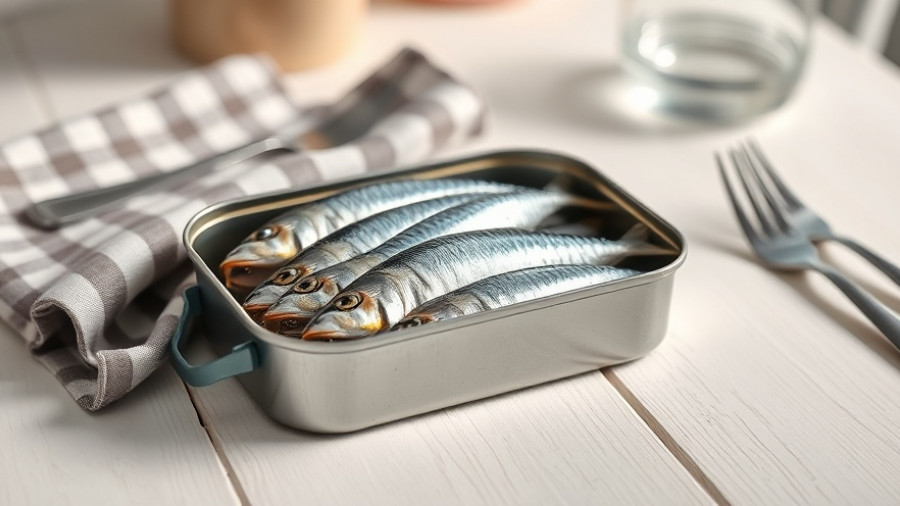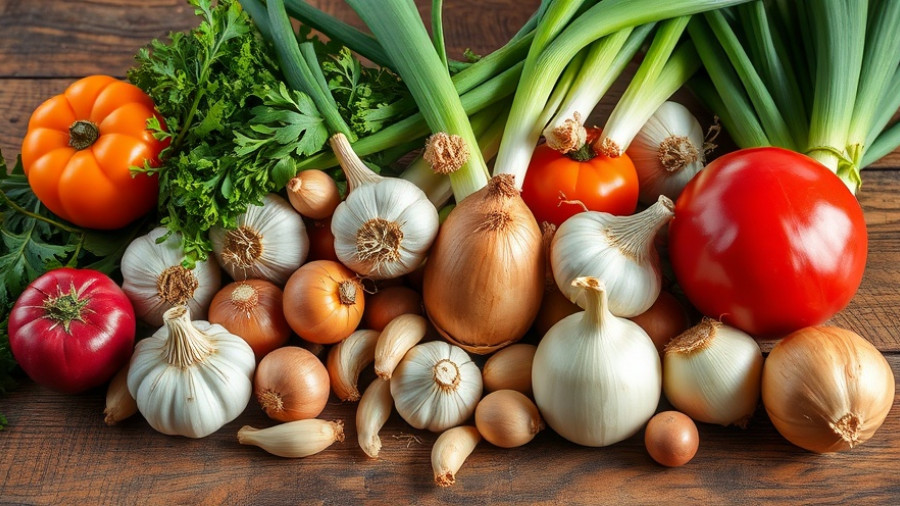
Unmasking the Risks: What Bad Cheese Can Do to Your Body
Cheese is a beloved staple in many diets, but what happens when that delicious wedge starts sporting patches of mold? According to food safety experts, the risks associated with consuming bad cheese are more significant than many people realize.
Understanding Mold: A Hidden Threat
Mold, a microscopic fungus, thrives in damp environments and can easily invade your food, including the cheese stashed in your fridge. While some molds are benign, others can harbor harmful bacteria like Listeria and E. coli that might not be visible to the naked eye. As Darin Detwiler, a food safety expert, notes, just because you can see the mold doesn’t mean the underlying bacteria hasn’t spread.
Soft vs. Hard: Why Some Cheeses are Riskier
Understanding the type of cheese is essential when assessing safety. Soft cheeses are notorious for mold permeation, with mold spreading throughout the food. In contrast, harder cheeses, like Parmesan, may only have localized mold issues. This difference could potentially save you from a foodborne illness if you know what you’re looking for.
Mycotoxins: The Silent Danger
Although most of the harmful mycotoxins tend to develop in grains and nuts, some molds can produce toxic compounds that pose health risks. Awareness is key; passionate cheese lovers should refrain from consuming any moldy cheese that isn’t designed to be that way—like blue cheeses—unless they're ready to gamble with their health.
Preventative Measures: Keep Your Cheese Fresh
To extend the life of your cheese and decrease the odds of mold invasion, consider storing it in an airtight container in the refrigerator. Wrapping cheese in parchment paper can also help maintain a balance between moisture and air circulation, extending its freshness.
Making Informed Decisions About Cheese Consumption
If you suspect your cheese has gone bad, err on the side of caution and discard it instead of risk your health. Knowing how to identify good from bad mold is essential for maintaining a healthy diet, and after all, your body deserves the best.
By being proactive in food safety and storage techniques, you can continue to indulge in your favorite cheeses without fear.
 Add Row
Add Row  Add
Add 




Write A Comment